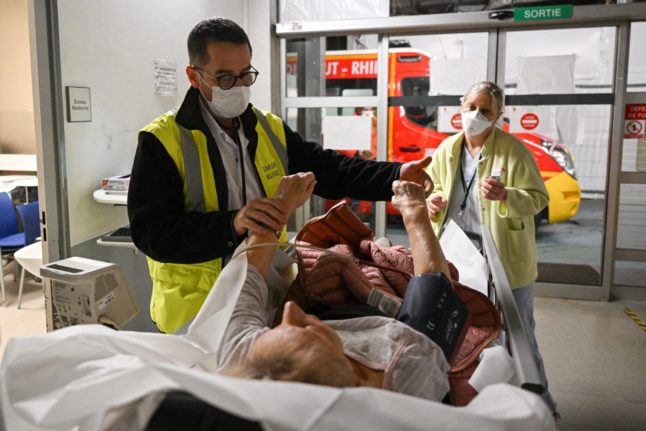Those wanting to move to Spain and applying for residency visas, such as the non-lucrative visa, will need to get private health coverage. You will also need private healthcare if you are not working in Spain and are not paying into the social security scheme, as you won’t be eligible for public healthcare.
Currently, public healthcare is offered in Spain to those earning state pensions from certain countries Spain has deals with, Spanish state pensions and those who pay social security, whether they are employed by a company or are self-employed.
Although Spain is considered to have a good public healthcare system, many residents in Spain choose to go private, even if they do have access to the public healthcare system, due to the affordability of private healthcare and the added benefits, such being able to see a specialist and shorter wait times.
According to data from UNESPA (the employers’ association for insurers), more than 11.5 million Spaniards have some type of private health insurance.
READ ALSO: Why people in Spain are facing longer waits to see a doctor
Madrid is the region that has the most people with private health insurance (37 percent) and Cantabria has the least (8 percent).
The Organisation for Economic Cooperation and Development (OECD) states that wait times for public healthcare in Spain are between 74 and 147 days for specialist surgeries such as cataracts, hip replacement and knee replacement.
If you have private healthcare, wait times are drastically reduced to just a few weeks. What’s more, you don’t have to wait for a referral from your GP to see a specialist; with most private health insurers in Spain, you can make an appointment with a particular specialist when you want to.
Recently the Spanish Association of Consumers and Users (OCU) released a study revealing the opinions of 6,451 people about their private health coverage in Spain.
Participants rated their insurance on covered treatments, medical staff, quality of services, customer service and authorisation of tests, as well as price, premiums and co-payments.
Taking all of these into account, the best value health company is ASC – Asistencia Sanitaria Colegial, followed by CIGNA and then Generali.
Those with the best coverage were ASC and Agrupación Mutua, while ASC and Generali were also rated highly for the quality of their healthcare services.
Clients of AEGON and Sanitas insurance complained the most about rising premiums, but despite this, Sanitas came seventh out of the 16 companies listed. AEGON on the other hand came in at number 15.
READ ALSO: When, where and how to get the flu vaccine in Spain
Top five health insurance companies in Spain
The top five private health insurance providers on the list were:
ASC – Asistencia Sanitaria Colegial
The company offers three different health plans, from basic to comprehensive, plus one for frequent travellers. They also offer 24-hour emergency services 365 days a year, plus online services, direct specialist access, and no wait times.
CIGNA
CIGNA also offers three levels of coverage – full, blue or gold. You only have to add on co-payments for the full, while blue and gold also include dental care. Clients have direct access to medical specialists as well as psychologists.
Generali
Generali again has three levels of coverage, as well as extra insurance for those with serious illnesses, hospitalisation or who are pregnant. They have over 51,000 specialists in different fields and you can choose from coverage with or without co-payments.
FIATC
FIATC offers either full or basic coverage with or without co-payments, insurance where medical bills are reimbursed and dental coverage. As well as 24-hour home care, they offer complimentary health services such as prenatal service, gynaecology, rehabilitation, physiotherapy, psychology and nutritional services. Waiting times are also greatly reduced.
Agrupación Mutua
Agrupación Mutua offers six different types of health plans without waiting times that cover appointments, emergencies, tests, hospitalisation and more. Prices start from €17.49 a month for the most basic plan up to €66.82 per month for the most comprehensive.
The five insurance companies with the lowest satisfaction scores from customers were Divina Pastora, ASISA, ADESLAS Segurcaixa, AEGON and DKV.
Keep in mind that not all types of private health insurance will serve if you have to get it as a visa requirement. Most of the time you will have to get a plan without co-payments, which are typically the most comprehensive ones.



 Please whitelist us to continue reading.
Please whitelist us to continue reading.
Member comments